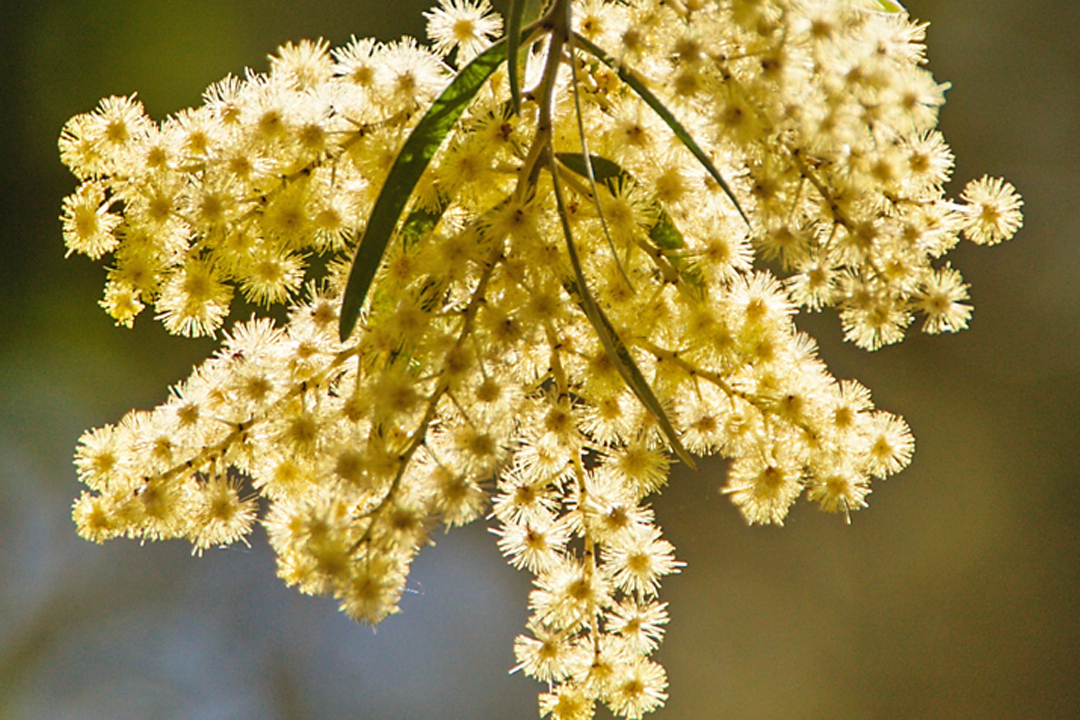
Name: Tolai
Age at interview: 25
Gender: Female
Background: Tolai and her husband have twin eight-year-old daughters, and two sons aged seven and 10 months. They live in a large city. Tolai is a stay-at-home parent and comes from Afghanistan.
About Tolai
When Tolai was 18 and heavily pregnant with twins she migrated to Australia to join her husband. After their twins were born Tolai felt less homesick and alone. She became pregnant again quickly, despite being on the pill. This was very challenging without family support. Five years later, Tolai had another baby. Tolai now feels settled living in Australia.
Read excerpts from Tolai's interview
> Experiences of pregnancy - Tolai described moving from Afghanistan to Australia when she was eight months pregnant with twins as a 'big thing'
> Staying in hospital or a birthing centre after having a baby - Tolai felt that the care and emotional support from health professionals after her children's births in Australia was better than what she understood to be the case in her home country Afghanistan
> Experiences of health professionals in early parenthood - Tolai appreciated her maternal child health nurse's knowledge of her children and felt comfortable asking the nurse questions about both her children and her own wellbeing
More about Tolai
Tolai and her husband had an arranged marriage in Afghanistan. Tolai's husband was living in Australia, but stayed in Afghanistan for several months after their wedding. Two months after they married, Tolai became pregnant.
Following an ultrasound at six months, Tolai found out she was having twin girls. Despite a history of twins in her family, this came as 'a shock'. Tolai said her mother was 'very worried' about her having twins at a relatively young age. Her mother was also disappointed she was having girls 'because in Afghanistan people don't like girls too much', but Tolai reassured her that she was 'very happy' because she wanted daughters.
Although Tolai's family did not want her to travel to Australia while she was pregnant, her husband wanted her to give birth in Australia because he said the healthcare system was better. When Tolai was eight months pregnant she arrived in Australia. She felt isolated because she could not speak much English and couldn't drive.
Tolai gave birth to her twins at 40 weeks' gestation. Her second twin had to be vacuumed and Tolai haemorrhaged during the delivery. This led to her experiencing extreme headaches and vomiting for ten days after the birth. Tolai did not see her babies properly during this time, and the nurses fed them with expressed milk. After several blood transfusions, Tolai started to feel better. This experience was very distressing and she did not tell her family back home, because she didn't want to worry them.
Once the twins were at home, Tolai felt less alone. She appreciated her husband's help caring for their daughters. But despite being on the pill, Tolai was soon pregnant again. Because the twins were still so young and they had limited family support, she and her husband decided to have an abortion. However, once at the clinic, Tolai could not go through with it. Physically her pregnancy was challenging but she told herself she was 'strong' and must look after the twins and not 'lie in bed'.
Five years after her son was born, Tolai became pregnant again. She is now very happy to have two girls and two boys but says she does not want any more children because her fourth pregnancy and birth were 'very hard'. Iron and vitamin deficiencies made her feel tired and sick and Tolai had to stay in hospital for a week. Her son also developed an infection and had to stay in hospital for two weeks. Tolai said the health professionals looking after her were 'very good and kind'.
Tolai said Australia was now her 'second home'. Other close relatives have joined them, she has her license, and she attends English and sewing classes at a local women's community centre. Tolai's advice to other young migrants having their children in Australia is to 'be strong because it's hard to be far away from your family', and to remember that Australia is safe and that children get a good education here.
